Alle Kategorien

A Few of Our Favorites

Accessoires

Akne-Creme: Welche Pflege Deiner Haut bei Akne guttun kann

Augenpflege
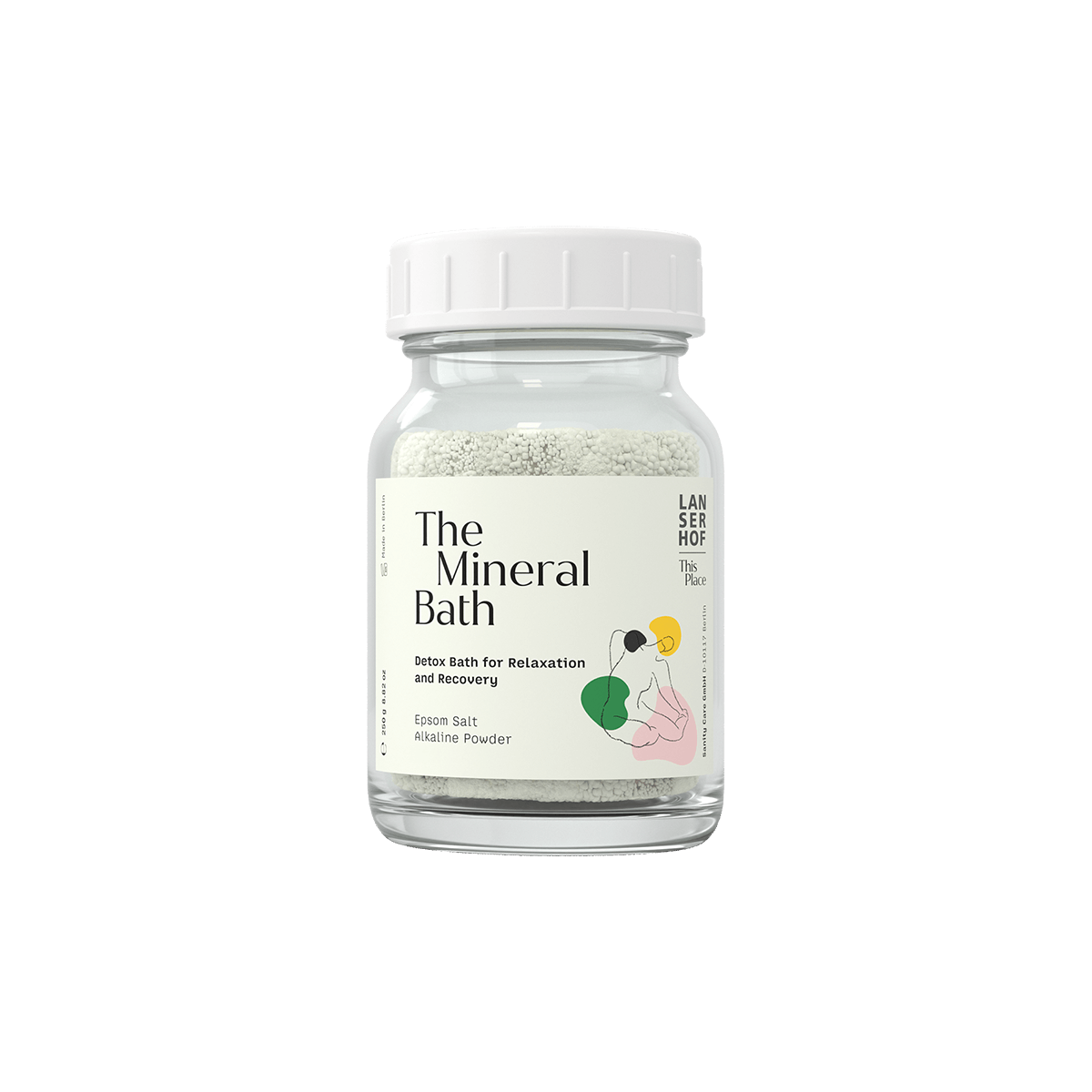
Badezusatz

Bestseller

Bestsellers
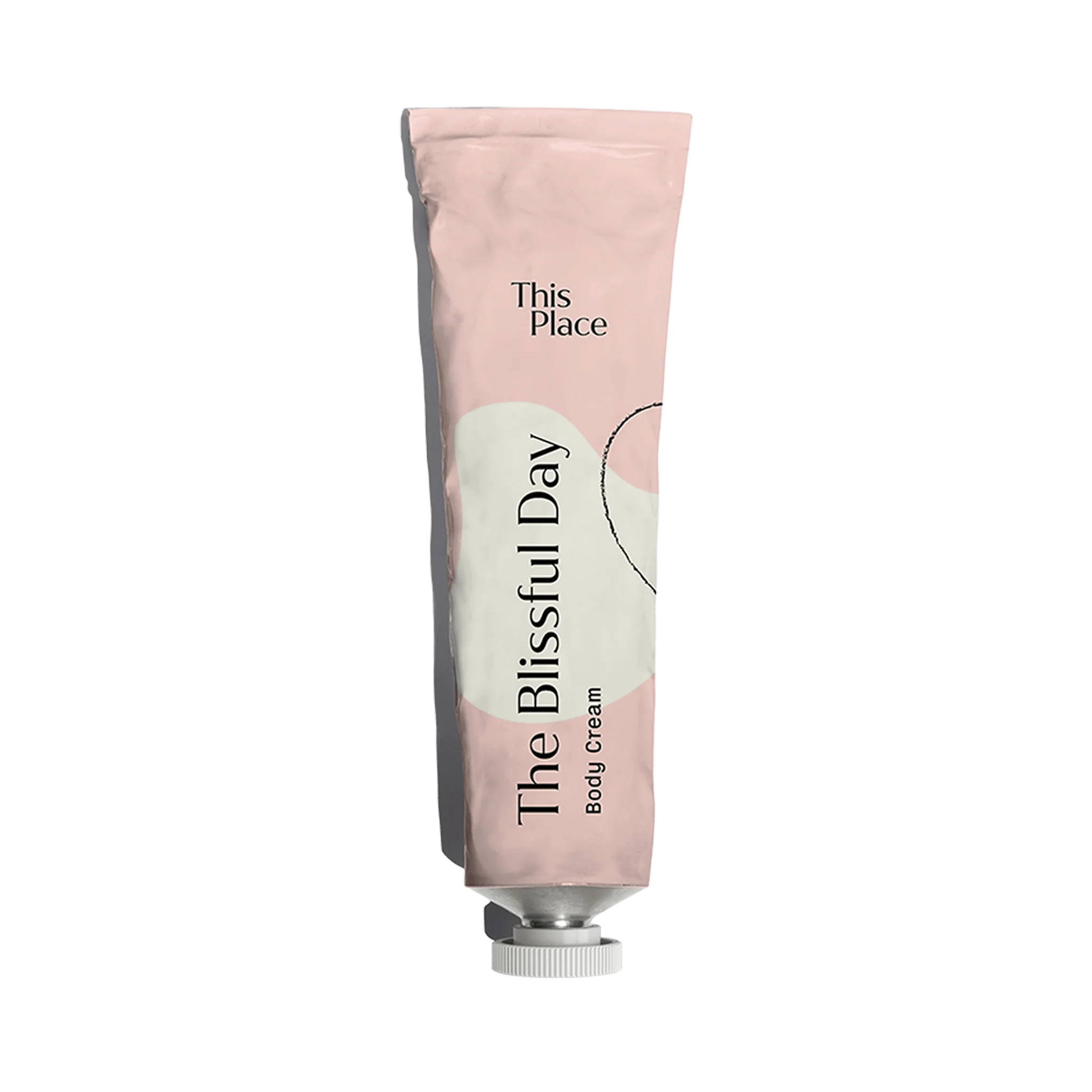
BlissfulDay | SOS
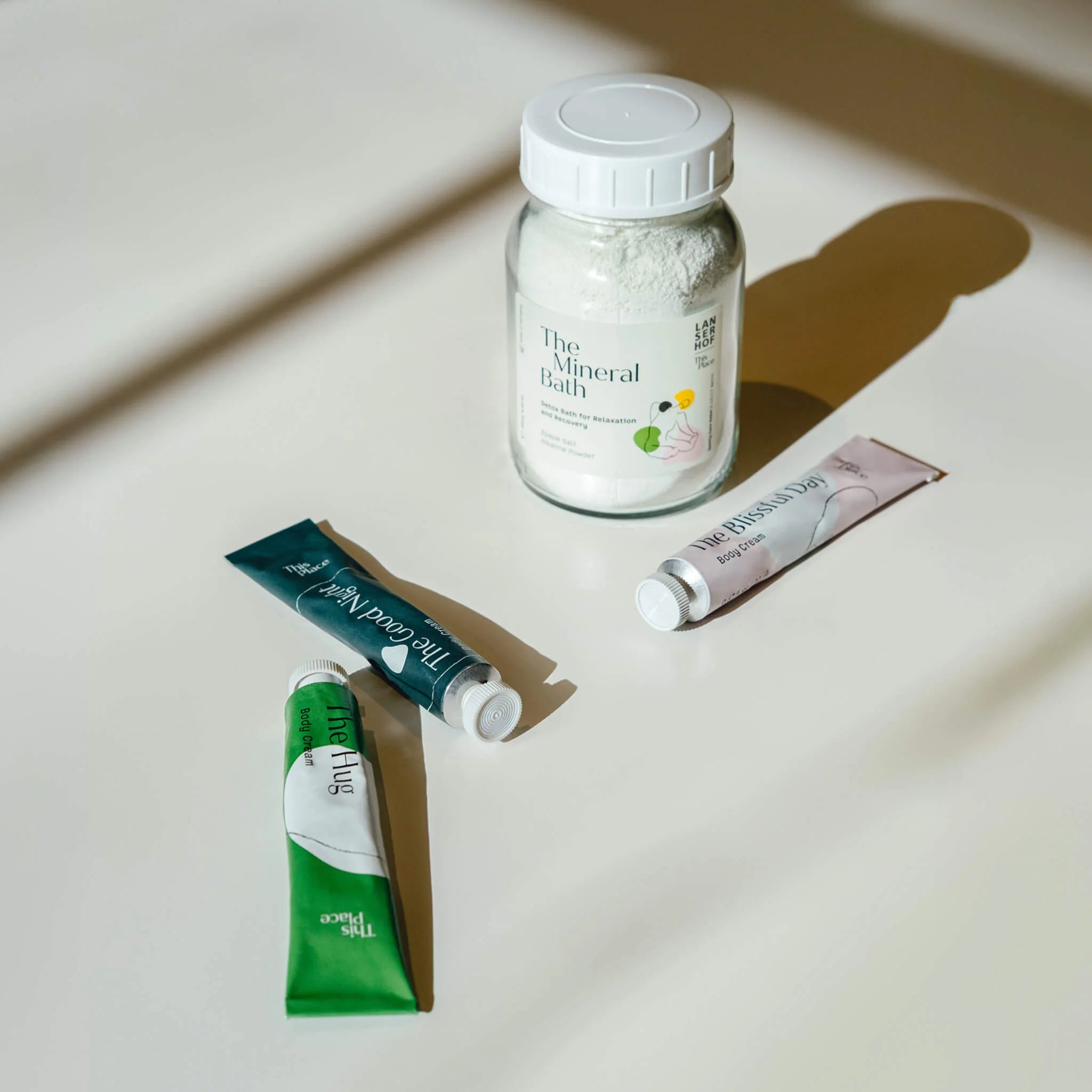
Body Care

Body Care

Caro's Favorites

Caros Favourites
CBD Salben von This Place - deine Bereicherung für dein Wohlbefinden

Christmas Special

Cremes

Deine Double Cleansing Routine mit This Place

Deine Hydrate Routine mit This Place
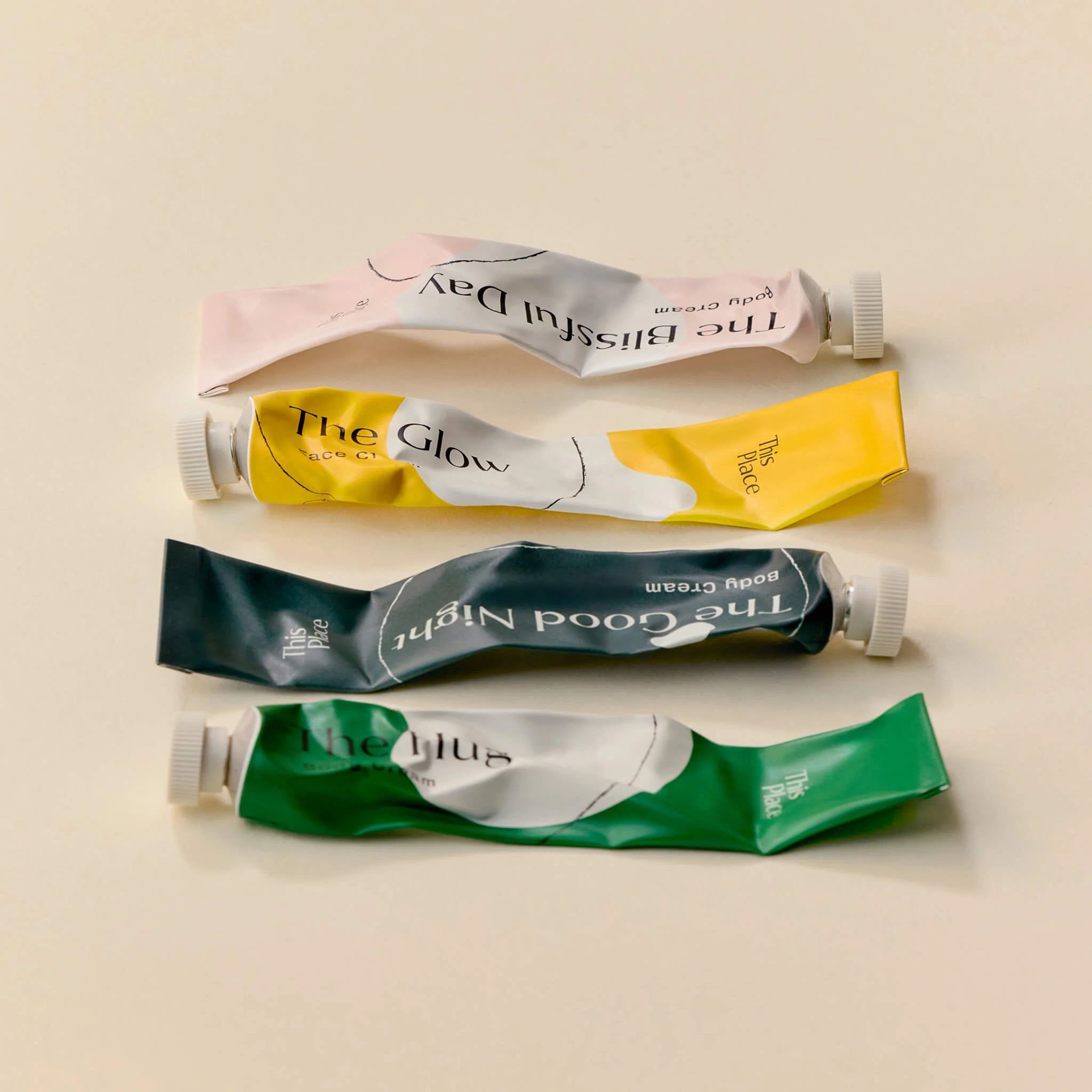
Deine This Place Bundles
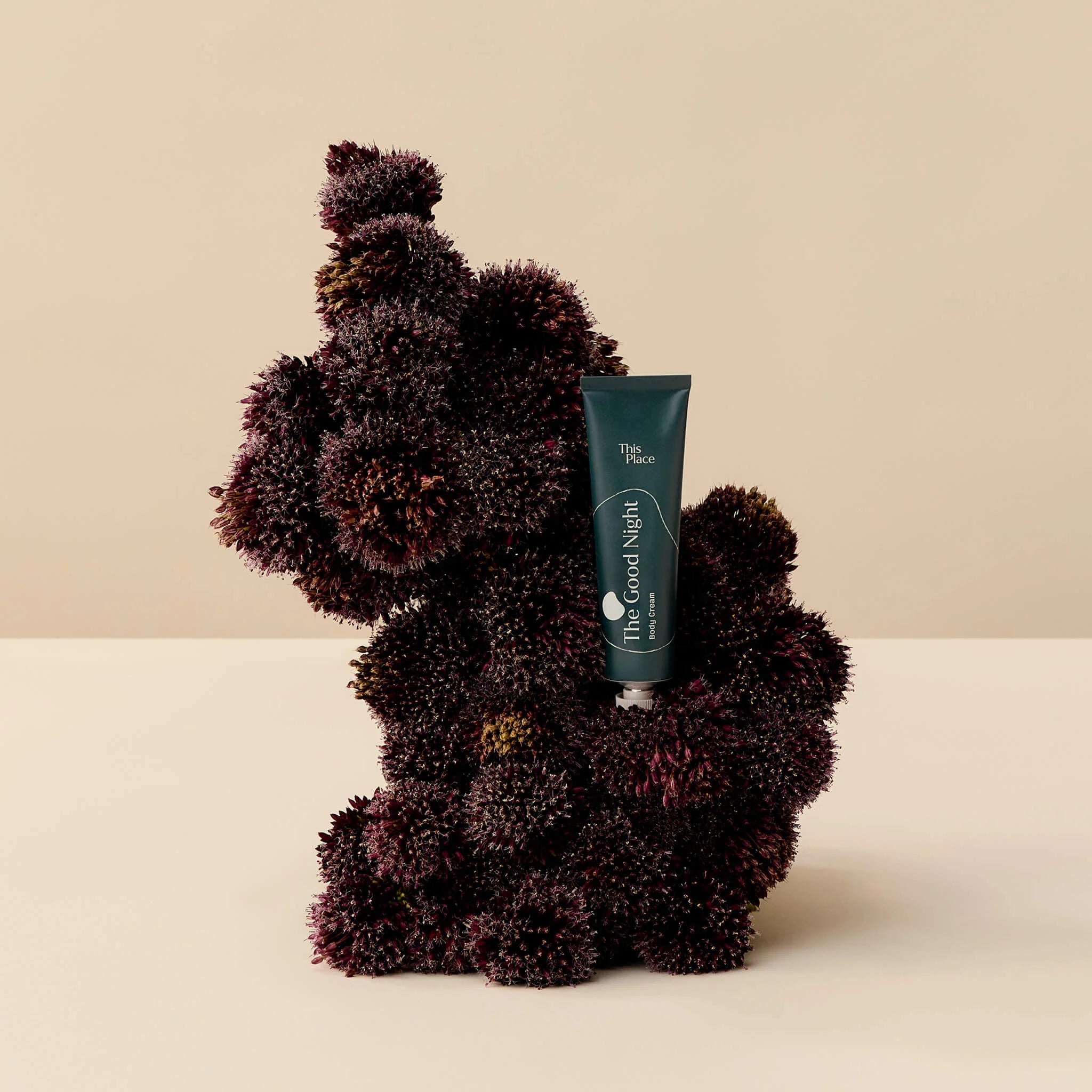
Die Nachtcreme für Dein Abendritual
EndlessEase | SOS

Entzündungshemmende Creme

Face Care

Face Care

Franzis Favoriten

Funktionale Kosmetik von This Place

Ganzheitliche Naturkosmetik: Was sind eigentlich ihre Vorteile?

Geschenke

Gesichtscreme

Gesichtselixir

Gift Guide 2023

Glow | SOS

Goodnight | SOS

Holiday Specials

Hug | SOS

Jessies Favoriten

NakedGlow | SOS

New In

New Skincare Line

Ritual Bundles
Rituals

Salbe gegen Akne

Schlafmittel mit Melatonin

Seren

Shop All

Skincare

Special Collaborations

The Double Glow

Öle
